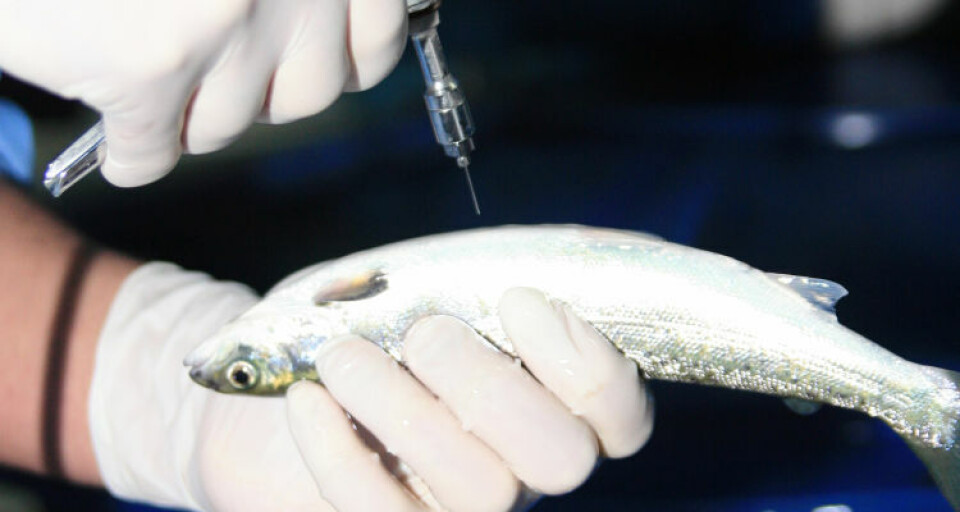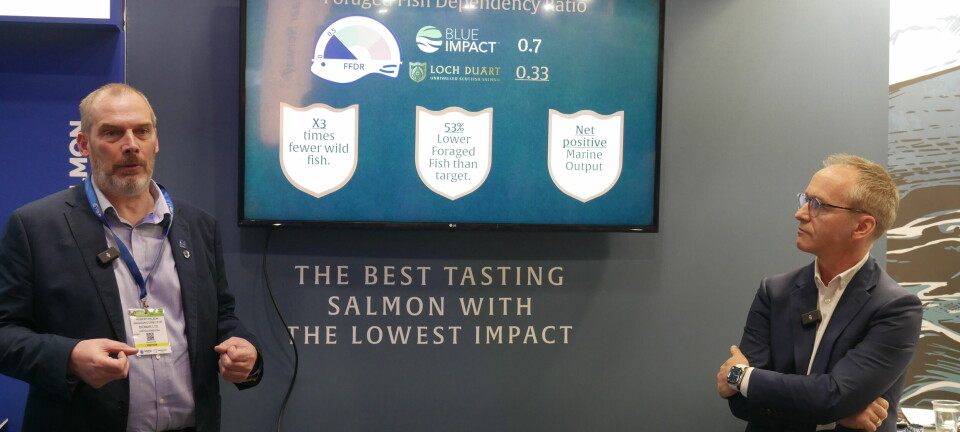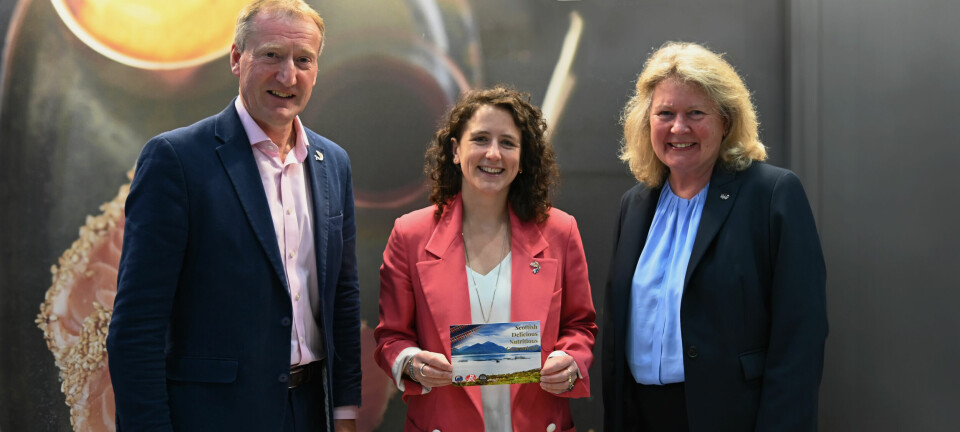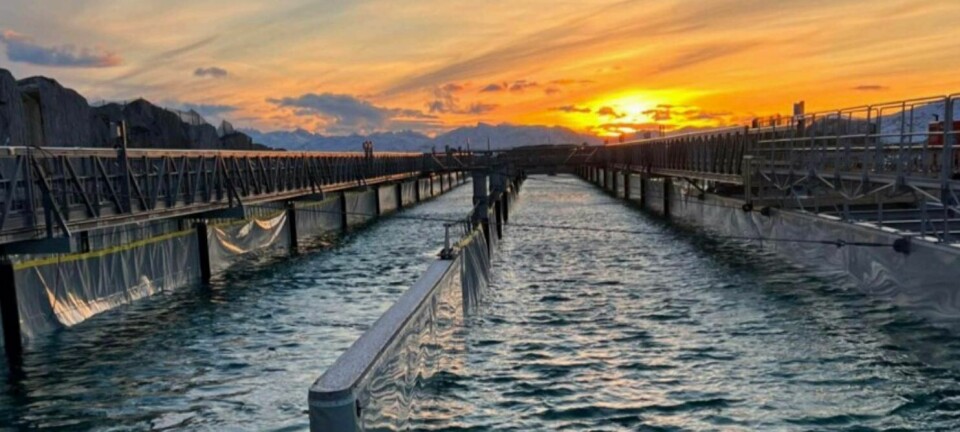
Cautious go-ahead given for DNA vaccine
The Norwegian Medicines Agency (NoMA) has given a grudging green light to the pancreas disease vaccine Clynav, which will become the first DNA animal vaccine to be used in Europe.
But the agency recommends that Clynav shouldn’t be in general use until there is sufficient clinical evidence on safety and efficacy.
“We were against the approval of the new vaccine, because we believe it does not have sufficient clinical evidence,” said NoMA veterinarian and senior advisor Hanne Bergendahl.
The vaccine was approved for European use by the European Commission last month. NoMA then had 30 days to provide the manufacturer, Elanco, with Norwegian marketing approval, which it has now done.
Limited laboratory studies
In a statement NoMA said: “Clinical safety and efficacy has been studied only in some limited laboratory studies and there are no field trials with this vaccine. It therefore also lacks field data on efficacy and safety in combination with other vaccines that are required to use for salmon in Norway.
“Pancreas disease is one of the most serious diseases in Norwegian salmon farming, both [in terms of] animal welfare and economic [impact]. NoMA therefore believes that the vaccine should not be taken into general use until you have results from controlled field trials.”
“Laboratory studies that have been made cannot replace field studies,” said Bergengahl. “Since this is the first DNA vaccine in Europe, we cannot refer to previous field experience. For such a serious disease such as pancreas disease it is very important that we are confident that the vaccine provides sufficiently effective and long-lasting protection that is clinically relevant, and that it is safe for fish.”
Fish vet toolbox
NoMA points out that the vaccine has been approved for use against pancreatic disease in salmon caused by salmonid alphavirus subtype 3 (SAV 3), a virus variant only present in Norway, and that in practice, therefore, the vaccine is only relevant for the Norwegian market.
SAV 1, 4, 5 and 6 are found in salmon in Scotland, with SAV 1 being the biggest problem.
But that doesn’t mean Clynav, or a variant of the current drug, couldn’t be useful.
When the EC approved Clynav, Ronnie Soutar, president of the Fish Veterinary Society and head of fish health and welfare at fish vaccination specialists Aqualife Services, said it would be “an addition to the tools in the fish vet toolbox” and could open the door to more DNA and RNA vaccines.
He said at the time: “I think the cross-protection issue – will SAV 3 vaccine protect against other strains – is one we will be looking to Elanco for answers to in the near future.”
He pointed out that Clynav was the first DNA vaccine for any species to gain approval, adding: “We would certainly hope that this heralds a new generation of DNA and RNA vaccines, as they have been successfully used against other viruses in North America.”




















































